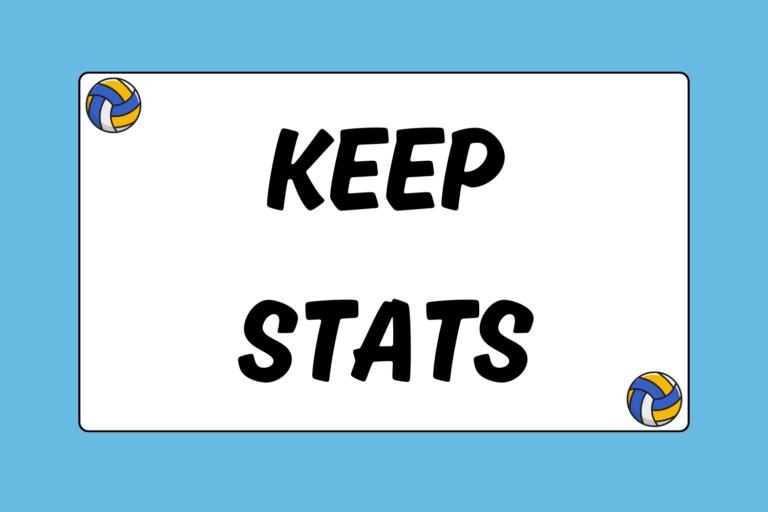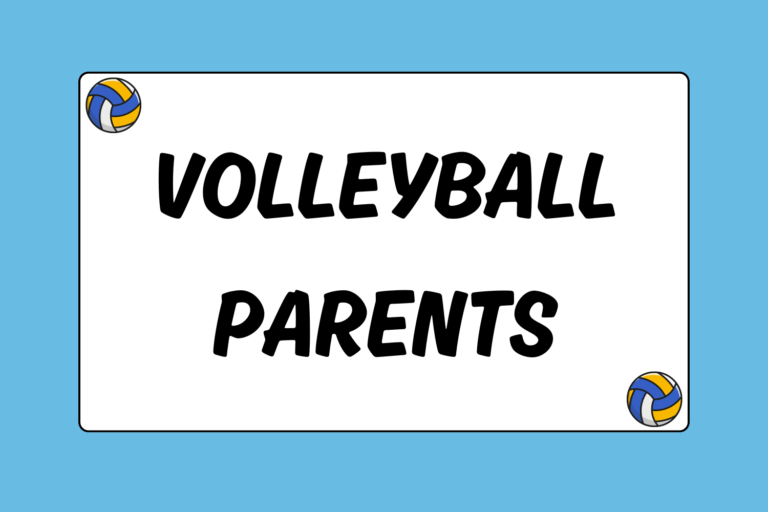The college recruiting process can be both challenging and confusing. To help shed some light on the issue, here is a list of 10 common mistakes that athletes and families make during the recruiting journey. Some of the listed mistakes are obvious, while others are not so obvious. However, all of them can be detrimental to an athlete’s chances of being recruited.
1. Waiting
Waiting for a scholarship offer to pop up in your mailbox is like putting off a job hunt because you’re banking on winning the lottery; it’s risky and bound to end in disappointment. The biggest mistakes athletes and their parents make during the recruiting process are waiting for college coaches to initiate contact and waiting for scholarship offers to roll in. If you really want to play volleyball at the next level then it is up to you to make it happen. Contact coaches at schools you have your eye on and let them know you are interested in playing for them. Being proactive during the recruiting process will exponentially increase your chances of earning an athletic scholarship.
Here are a few suggestions to get you started:
- Send out introduction letters to the schools that spark your interest. The purpose of the introduction letter is to introduce yourself to the head coach at a given school and to inform that coach that you are interested in his/her program. For a more in depth explanation of the introduction letter and/or instructions on how to write a letter, please see our guide on the topic.
- Attend summer camps. This will ensure that your skills are continually improving, and keeps you from getting rusty during the off-season.
2. Over-estimating Your Talent
The importance of being realistic when evaluating your skills is essential to avoid disappointment. A good way to gauge your chances of being offered a scholarship at a certain school is to measure yourself against current players at that school. For example, if you are a five-foot, six-inch outside hitter who would like to play that position in college, then you probably don’t want to have Stanford University as your be-all-end-all choice. The average height of the outside hitters at Stanford is well over six feet. Don’t fall into the trap of thinking you are better than you are. It is difficult for an athlete or their parents to accurately evaluate talent, because of the emotional connection.
3. Under-estimating Your Talent
Though over-estimating your talent could put you at a serious disadvantage in the recruiting game, under-estimating your talent could be just as detrimental. Many athletes figure they simply aren’t good enough to earn a scholarship and don’t even try. However, just because the top five schools on your list don’t come calling, that doesn’t mean a coach from some other school won’t take notice of your skills. Even if your volleyball skills might not be of all-star quality, coaches often recruit based on potential. Don’t miss out on a great opportunity to compete at the next level because you sell yourself short.
4. Setting Narrow Expectations
A mistake that athletes and their parents make is assuming that a Division I scholarship offer is better than a Division II scholarship, and a Division II scholarship is better than one from a Division III school. This is not necessarily the case. Many Division II teams can compete with Division I teams, and some DII schools, because their program has been successful, have more money to work with than some DI programs.
If you are only willing to consider two or three schools, then you are setting yourself up for failure. There are only so many spots on teams that are perennial championship contenders and the road to getting a scholarship offer from one of those schools is steep. However, if you are willing to expand your sights, then there are a lot of opportunities to compete at the next level.
5. Getting a Late Start
It used to be the case that the majority of work for recruiting was done during an athlete’s junior year of high school. However, with the accelerated pace of recruiting, it is imperative that you get your name in a school’s database as early as possible. The best way to ensure that you are in a given school’s recruiting database is to send the head coach a brief introduction letter or e-mail. Once you are in a school’s database, the coach will be able to track your progress and evaluate you as a player. For help writing your introduction letter please see our guide on the topic.
6. Forgetting about Academics
Many athletes believe that if they are good enough at their respective sport then a coach will overlook a poor academic record. This is faulty logic. If a coach is going to invest scholarship money in you then he/she wants to know that you can contribute to the success of their program. This means that you absolutely have to stay academically eligible.
7. Not Playing Club Volleyball
Because the high school season is at the same time as the college season, the majority of recruiting is done during the junior club season. This means that if you aren’t playing club volleyball you are not giving yourself the best opportunity to be seen by college coaches. The less a coach is able to see you play means you have less of a chance of being offered a scholarship.
8. Not Researching Schools
As discussed earlier, good research can help you avoid setting unrealistic goals. Researching a coach and a program’s history can help give you an idea of what everyday life as a college volleyball player could be like at a certain school.
It is important to remember to research aspects of the school that don’t have to do with volleyball. And if possible, plan to take a visit to the school’s campus.
9. Putting Emphasis on Letters
Think of the recruiting form letter as a coach’s version of an introduction letter. The purpose of these letters is to gather more information on athletes who are in a given school’s recruiting database. That means that a hundred other athletes are probably receiving the same letter. Although getting a letter from a school is certainly flattering, it does not necessarily mean you are being recruited by that school. A coach will make it known if he/she is seriously recruiting you.
10. Being an Overzealous Parent
Parents are certainly a significant part of a student athlete’s life. However, it is important for parents to remember that coaches are not interested in recruiting parents. When coaches are deciding whether or not to extend a scholarship offer to an athlete, parents rarely tip the scale in favor of their child. But there have been several documented cases in which an overzealous parent has been a prime factor in a coach deciding to retract a scholarship offer.
Preparation is Key
The competition for volleyball scholarships is fierce, but educating yourself about the recruiting process, avoiding the mistakes listed above, and following a well thought out recruiting plan will put you well ahead of the curve.





